Capitalism this, Capitalism that. Ok, well what exactly is it? Well, according to Britannica, capitalism is the dominant economic system in the Western world where “most means of production are privately owned and production is guided and income distributed largely through the operation of markets”. This system of economics was made popular in Europe from the 16th century onward through its mercantile roots & most importantly, the adventures the Portuguese/Spanish undertook.
Why did these nations decide to take the risk and explore parts outside of the Mediterranean? For the most part, that can be attributed to their desire to find alternative routes for spices, fabrics & precious metals for their economy. You see, many peoples in today’s Western Europe were at the mercy of the Muslims or Arabs centered in North Africa & the Middle East for these things & Mehmed’s conquest of the Byzantine(Roman) empire made matters worse. Enter the bullion(silver and gold coin) famine in the 15th century & you can see why there was frustration. As expected, the monarchs of Spain & Portugal said fockins and took matters into their own hands. With the help of Genovese entrepreneurs, they were able to improve on Arab shipmaking & create the caravel (a versatile ship made to withstand the winds and seas), as well as compasses, clocks and maps. They set sail, not knowing what would befall them.
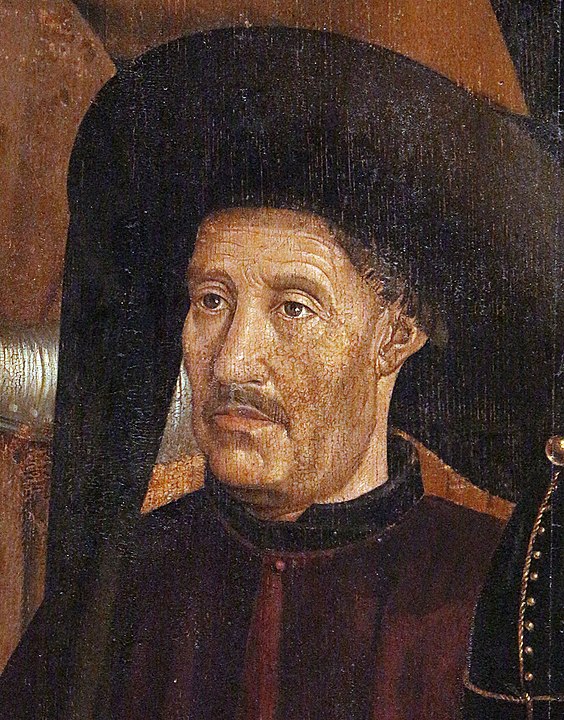
Multiple voyages were able to get to Africa & Asia but most importantly, they were made aware of a completely “New World”. Later known as the Americas/Caribbean, they hoped it would produce many types of riches that Europeans were looking for in Africa such as gold, silver, & many other precious metals. They found quite little gold, which was a disappointment. However, they did find silver, spices, foodstuffs, livestock & other items that were not present in Europe. Hooray, right? Well, no hurrah if you don’t have labor to extract massive amounts of it. So, expeditiously, they put the natives there to work. Things were going fine until they were hit with a severe roadblock. The indigenous populations were dying in huge numbers & no more populated the Caribbean and Americas as they did before due to disease & more importantly, work hours imposed on them. The value system, which required that maximum profit for the least amount of work, & nothing more had taken it’s toll. Around 1516, Bartelemeo de las Casas was disheartened at the demise of the natives. According to his Christian morality, the way they were being treated was wrong. He advocated for another option, which would save the natives from extermination & keep the capitalist enterprises going. The solution, he suggested, was to bring in more peoples of African descent for labor. Since they were present in Lisbon & Seville as both enslaved and free persons, Iberian leadership shrugged and said, “why not?”
The archipelago of Cabo Verde(Cape Verde) off the coast of Africa was settled in 1462 & would quickly become a part of the labor/colonial solution for labor. Being Europe’s first colonization project, it had many of its features such as being a hub for growing sugar cane, cotton(for barafulas) & breeding horses for markets in today’s Upper Guinea. During that time frame, markets were geared towards two areas in the region. Firstly, those in today’s Senegambia, which was home to the Wolof(Djolof) Kingdom, its Sereer underlords as well as Tukolor peoples further north near the Senegal River. The next region was particularly in between the Gambia river all the way to the south to the country of today’s Guinea-Bissau where the Djolas, Mande people , Papels, Bainuks, Beafadas & others dotted the coastline & interior. As markets set up by manufacturing peoples like the Wolof, Mande, Beafadas, etc. were now geared towards the new Atlantic trade phenomenon, anyone could attain the goods that the Portuguese/Spanish brought. Barafulas, or cheaper imitation cloth currency of the Upper Guinea, horses , alcohol & the like spread far and wide. A telling factor to its success was the quick turnaround time for products to reach you. Ships were fast & this was a stark difference from the Trans-Saharan routes where losses were high and turn around times were slower(desert life). Ivory, camwood, kola, beeswax were initially exchanged in advance for these goods but after a while, enslaved people became the main mode of exchange until the 1640s.
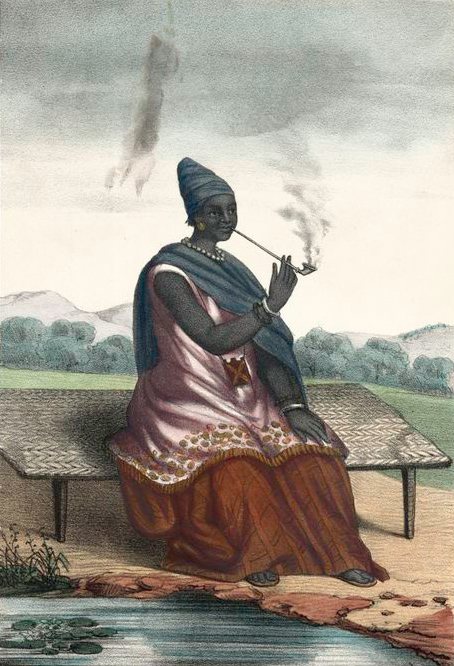
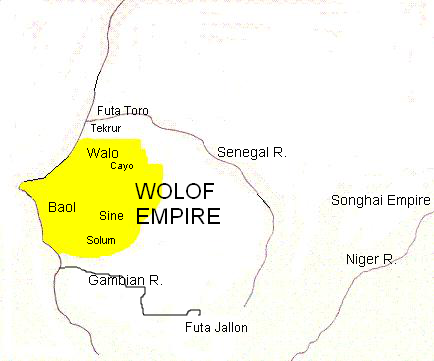
Many came from wars between provinces looking to become independent. The Djolof kingdom suffered at the expense of the growth of power from its now bigger, powerful coastal province of Cayor. Multiple Lilliputian kingdoms such as the Biafadan states of Guinala & Biguba(which were kind of subject to Kaabu) stayed strong as well due to this new coastal trade. There was no incentive in unification. What was the point of doing so? One could occasionally raid others & “cash out” when need be. Inadvertently, this meant that destabilization (the right amount, so it was safe enough) would always need to be a byproduct. The Spanish/Portuguese merchants, bourgeois, Catholic priests, monarchs & others knew beforehand that the enslavement-goods cycle was having a destructive effect on peoples in the Upper Guinea. Many ship captains wrote about how guilty they felt, knowing many people were being sold due to unjust wars, banditry to procure profits. But, who was to work the profit machines in the New World? Most of the Spanish/Portuguese population would never come to work in the mines, plantations, mines & colonial depots around their empire. The Japanese, Indian & Chinese kingdoms wouldn’t sell people either. So the business had go on. Today’s world operates on a similar ethos. The coal industry, Big Pharma , McDonalds, everywhere is reliant on a web of destructive and constructive means. Of course, an important node being the exploitation of others(i.e. workers). As Karl Marx said, there is no ethical consumption under capitalism (or most things in life for that matter, but I digress).
These developments led to Atlantic Africans (and Asians) becoming dependent on European ships to bring goods from other places in the world, as they were the only ones with the connections to do so. One might ask why the maritime & seafaring cultures along the coast in Atlantic Africa couldn’t do the same & simply put, they lacked the mercantile/capitalistic ethos. Their economic systems were not geared towards the goal of simply profit but gaining things in order to attract people & connections for the purpose of more people. Nonetheless, the widespread markets held together by the Iberians enabled them to establish many colonies across the world. They may have had little to nothing to trade with anyone themselves, minus the silver & underdeveloped cloth industries at the time, but shit, cloth in Britain & Holland was right around the corner. Indian cloth could also be another option? You need some Chinese porcelain. I got you. Therefore, you can see why the interconnectedness of colonies like Hispaniola, San Salvador, Sao Tome (island near Central Africa) and Goa (in India) would be vital to the wealth engine. Marked importance of colonies and making sure that consumers from all facets of the world were happy in a timely manner was the bread and butter of the economic game.
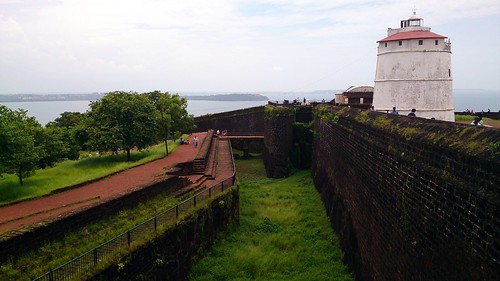
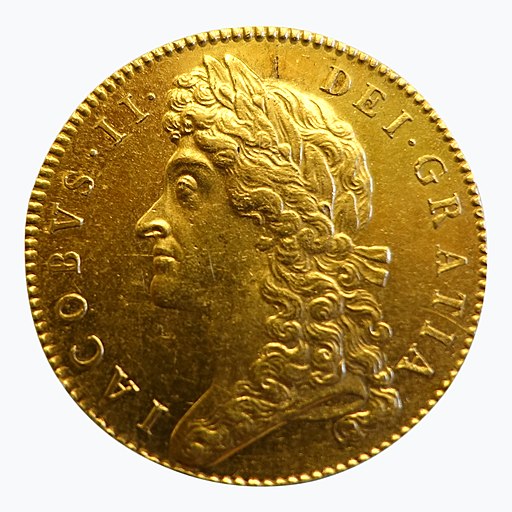
Meanwhile, back in Europe, populations began to soar. From 1528 to 1590, the population went from 70k to 120k. Kingdoms in Portugal/Spain (Aragon/Castile) also went from impoverished to very rich in a span of 100 years (1450-1550). Much of it could be attributed to the wealth & variety in goods protracted from the new phenomenon. They were able to reach their goal in gaining access to direct sources of gold from today’s Gambia and most importantly, modern Ghana (which was called the Gold Coast, or Elmina by the Portuguese). Around 1-2k pounds of it was mined there yearly and spread all over Europe (probably why Britain called their gold coin, “the Guinea). Silver (from today’s Potosi, Bolivia) and gold served the pathway for prices to drop immensely. Industries all over Europe boomed as they now had the Iberian Peninsula giving them outlets & the mercantile classes all over Western Europe rejoiced in this newfound power that they felt they wholeheartedly deserved.
Spain/Portugal never reached the pinnacle of mercantilism turned capitalism like their British, French, Dutch & German neighbors. We can attribute that to their inability to keep profits inside the Iberian Penninsula. Unable to consistently manufacture goods within their own states, they had to purchase from other Western European neighbors listed above to make a profit at another market. Also, the more that these hard currencies began to flow inside the crevices of Europe, the more incentivized that other countries were to leave Europe for these precious metals. This killed their monopoly on international trade at the end of the 16th century. Nonetheless, they set the ball rolling for the precursors of the Amazon marketplace. In other words, capitalism. Is capitalism white people shit? Yes. Is that bad? I don’t think so. Yes and no. Secretly, the impulsive parts of us like it. It is convenient. It also has very good and very bad baggage. Capitalism led to increased competition to be the best and pump out the best products for our desires & comforts. Expeditiously. Of course, this was at the expense of other people’s families, value systems and even the natural environment we struggle to maintain. As economist Thomas Sowell said, “There are no solutions, there are only trade-offs; and you try to get the best trade-off you can get, that’s all you can hope for”.
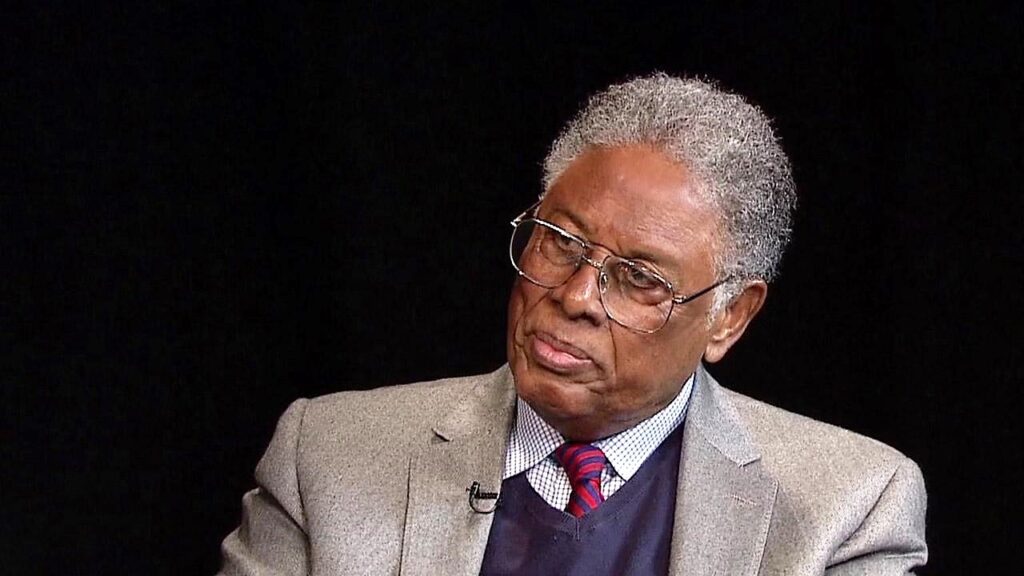
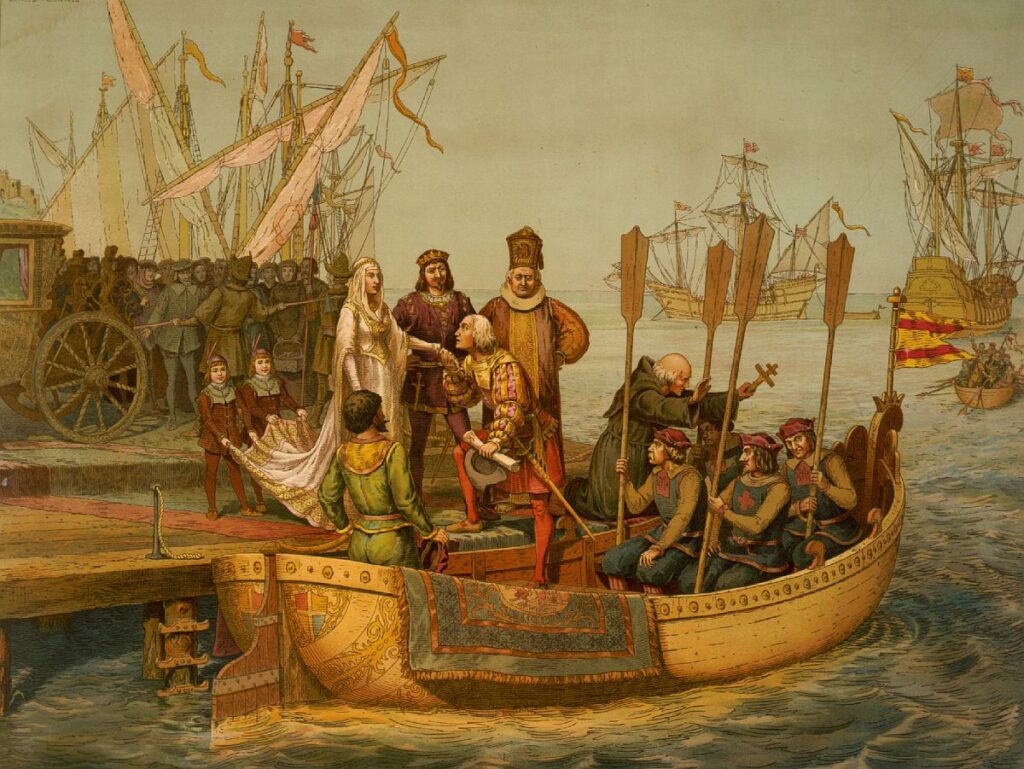
Pingback: No Cabo Verde, No Globalization – Atlantic Processes From Africa's Perspective